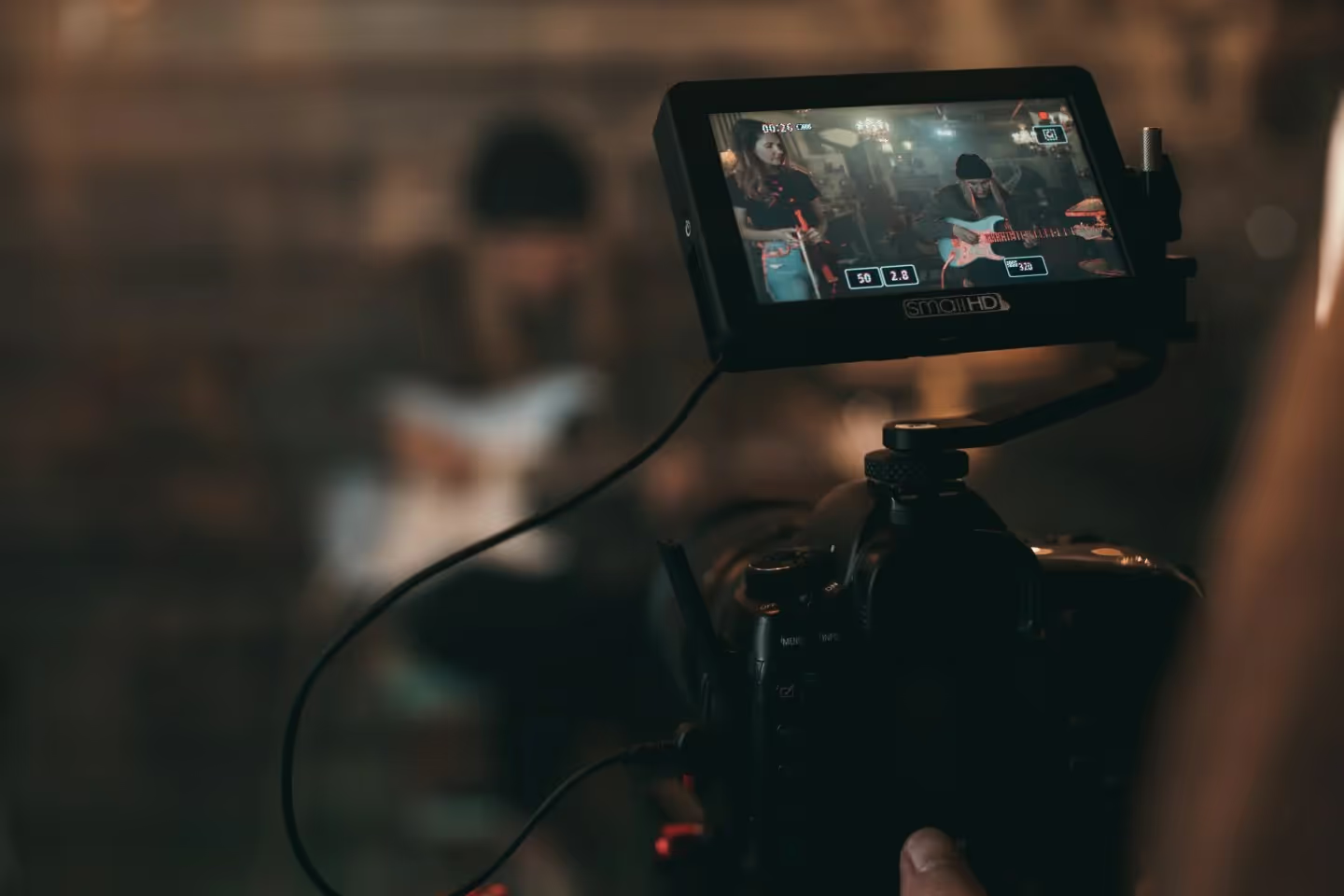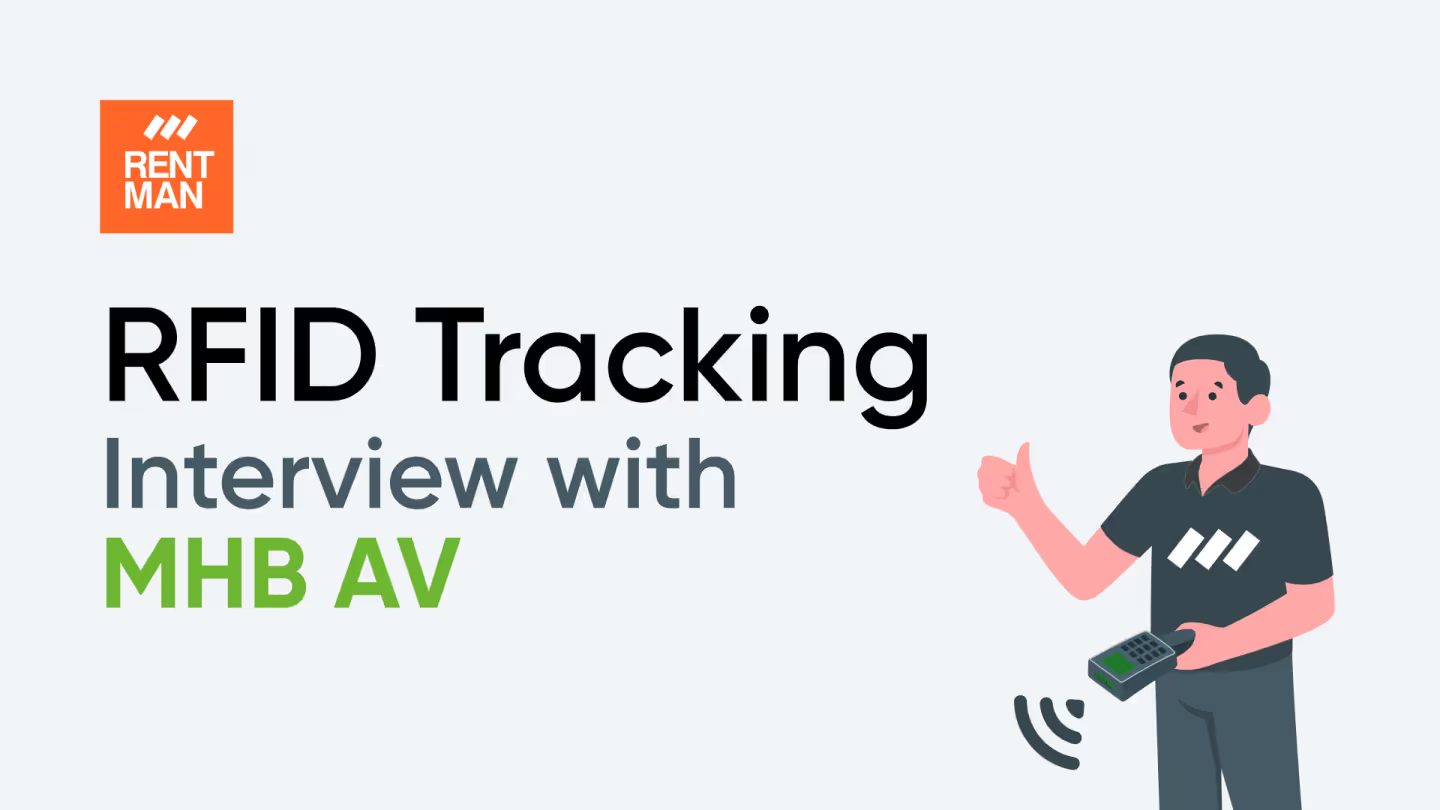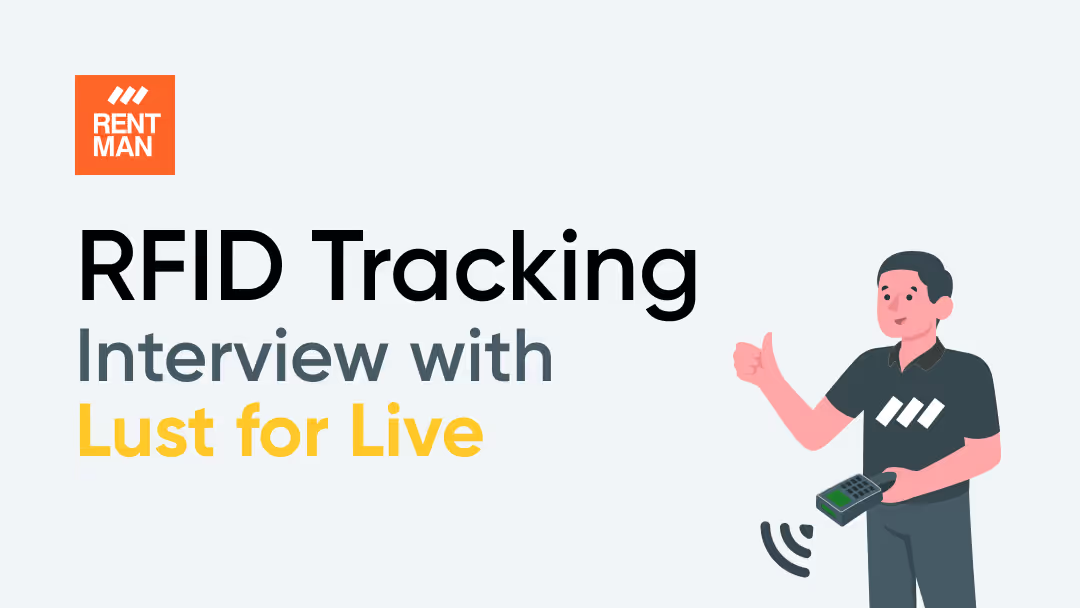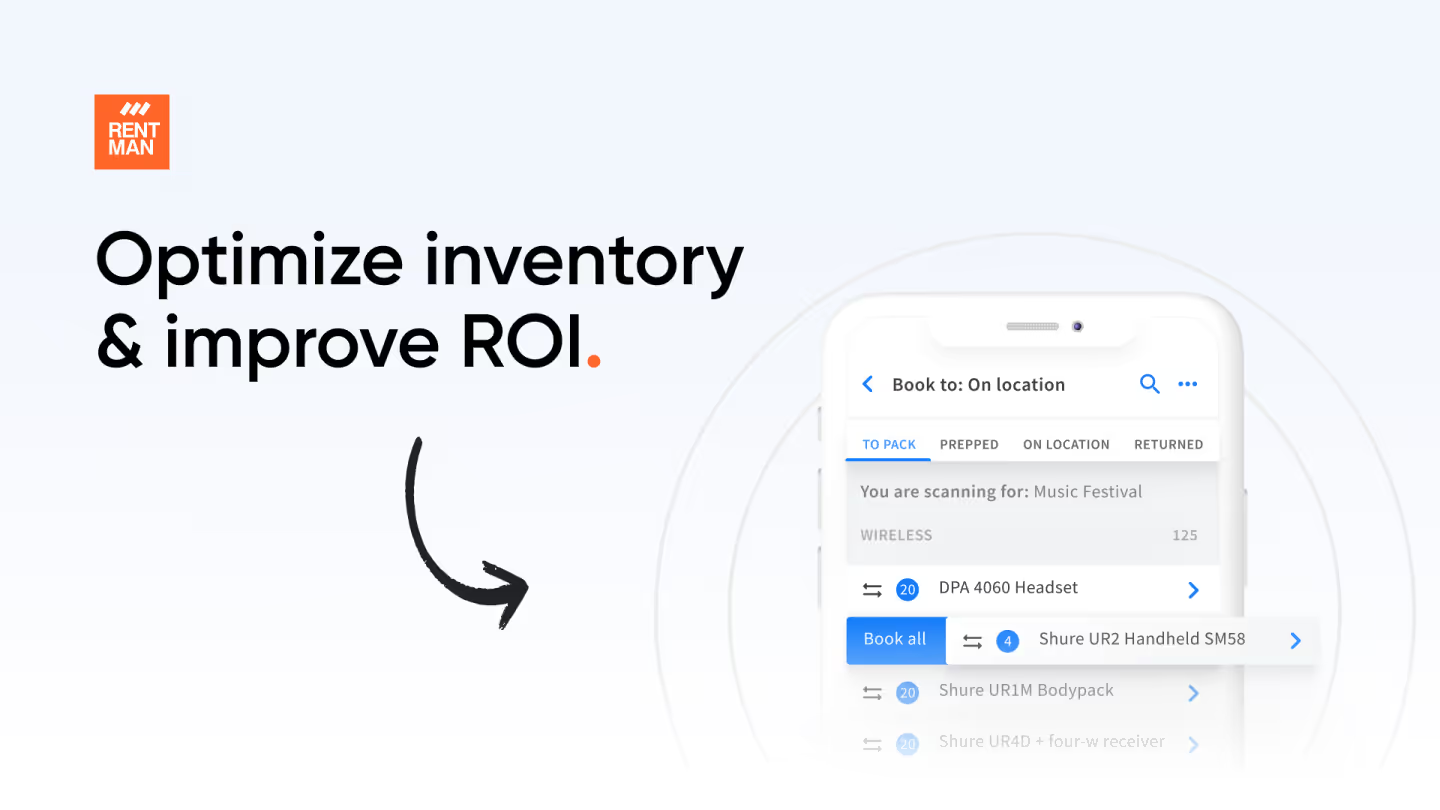What you need to know about equipment rental insurance: cost, coverage, and requirements compared

If you own a rental business, you know that any damaged or lost item will impact your business operations and bottom line. To keep your company running smoothly when such incidents occur, you need rental business insurance. Why? Because insurance will cover most of those financial risks.
But how does this type of coverage work? And what policy should you pick given that there are no laws in some countries (e.g. the United States) when it comes to equipment rental insurance requirements?
This article will cover all of that and more. Here’s what we’ll go over:
1. What is rental equipment insurance?
2. How does rental equipment insurance work?
3. How much does heavy equipment insurance cost?
4. Types of insurances
5. Rental equipment insurance options compared
What is rental equipment insurance?
Rental equipment insurance is any type of insurance that covers items that you rent out to clients. From tools to audio and video recording equipment, or even party supplies such as flatware and serving items, a policy can be bought to cover all kinds of equipment. And such heavy equipment insurance will protect you in case a major incident or theft happens.
Your policy choice will also determine whether you're safeguarded against employee or client lawsuits, as well as providing coverage for bodily injuries, and slip and fall claims.
How does rental equipment insurance work?
Rental business insurance is meant to protect your business financially. Because if a large item breaks, a truckload of equipment gets stolen or a freelancer trips over cables and dislocates their shoulder, you’re in trouble.
Do you have the savings to repurchase a big piece of gear right now? Or to pay for your freelancer’s medical bills? Probably not. This is the value of insuring your rental equipment business.
Depending on the type of gear you rent out, you’ll need to pick a different policy. But generally speaking, insurance for rental equipment provides protection against the following factors:
- Loss or damage caused by your client that they refuse to pay.
- Loss or damage that happens while items are being transported or stored on your property.
- Loss or damage your client suffers because one or multiple items are in poor condition.
- Protection against any injury that a person may suffer while using your rented equipment.
- Damage that your equipment causes to someone else’s property.
How much does rental equipment insurance cost?
There is no one-size-fits-all policy cost when it comes to insuring your rental equipment business. Instead, it’s more like a puzzle, where each piece informs the end result.
Monthly payments can range from $19 to $99 and will generally provide coverage of $1 million. But it's all about what coverage you're looking for, where you're located, and the type of equipment you're renting out. Liability insurance, insuring your commercial property, or inland marine insurance to cover the transport of your equipment each has its own price.
To get an accurate cost, it's best to directly reach out to an insurance provider and give them your specific business details and needs. Then, they can provide you with a personalized quote based on your unique situation.
And don’t hesitate to shop around and compare quotes from different insurance providers to ensure you're getting the best coverage at a competitive price.
Coverage and types of insurance for rental equipment
No laws in the United States layout equipment rental insurance requirements. So it’s not mandatory to have a specific type of insurance, such as general liability insurance or equipment-specific insurance (for example, camera equipment rental insurance).
However, it’s important to have the right coverage to protect your business from potential losses. Here are some types of rental equipment insurance coverage.
Equipment rental insurance
Equipment insurance policies will cover the costs of fixing or getting new tools and equipment for your business if an item is lost, broken, or damaged by vandals.
For example, say you rented your gear out for a 2-day event and during the night, some of your equipment is stolen. This might not be the client’s fault. Therefore, you can file a claim with your equipment rental insurance and they will either reimburse the cost of buying a new item or pay back the cash value of the stolen gear.
Another advantage of equipment rental insurance is that such policies are usually not location-dependent. Meaning it doesn’t matter if an item is at a client’s event or in your warehouse. Damage done will be reimbursed.
If you want to know more about specific policies and explore your options, check out:
Item specific insurance
If you operate a broadcasting company or only rent out certain items, you can pick more specific insurance policies that protect only that type of gear. For example, you can buy camera equipment rental insurance or party equipment rental insurance. Such policies may be cheaper than equipment rental insurance and guarantee your specific needs are met and all your items are covered.
If you're interested in gaining a better understanding of particular policies for your gear needs, visit:
- Full Frame Insurance for camera equipment rental insurance.
- American Entertainment for film equipment rental insurance.
- Cossio Insurance Agency for party equipment rental insurance.
Short-term insurance
In essence, short-term equipment rental insurance is a type of insurance that you acquire to safeguard rented equipment for a specific period of time, rather than opting for insurance with an ongoing, indefinite coverage. Typically, this insurance provides protection for your equipment during a designated project or rental period. Short-term insurance plans can be customized according to the needs of your business. A standard damage waiver usually covers fire, theft, and vandalism; more extensive policies may cover collision, falling objects, fire or flood.
One of the disadvantages is that this kind of insurance is going to be more expensive and it typically excludes liability coverage for bodily injury or property damage. For instance, if an individual accidentally topples a camera tripod, causing harm to a bystander, the insurance would not cover the medical expenses related to this incident.
You can find some companies offering short-term insurance for rental equipment below:
General liability insurance
If you rent out equipment, having general liability insurance for rental equipment is a must. Why? Because such a policy covers damage costs caused by your rental equipment and will provide you with coverage for legal fees if a customer files a lawsuit against you.
Example: if a client gets injured using gear they rented out from you. They can file a lawsuit to cover the cost of their injuries and distress. Alternatively, if a large piece of equipment falls onto a client’s inventory and damages something valuable, the customer can sue you for damage costs. General liability insurance for rental equipment will protect your business financially and cover the costs of such situations.
Most businesses opt to combine equipment rental insurance with a general liability policy to ensure all fronts of their companies are protected.
Here are a few options for general liability insurance:
Excess liability insurance
Excess liability coverage, also called commercial umbrella liability insurance, is a policy you can purchase to increase the limits of another underlying policy.
It’s often seen as added coverage for a general liability insurance policy, but can also increase other policies such as commercial auto liability policies. It can only be claimed once another policy has been exhausted.
Excess liability insurance is most appropriate for businesses facing significant liability risks such as the AV and event industry. This type of insurance offers an additional level of protection. It protects your company from the financial burden of large claims. Thus preventing you from having to cover such expenses out-of-pocket.
Here are a few options for excess liability insurance:
Rental equipment insurance options compared
It’s important to choose the right equipment insurance coverage for your company.
Below is a comparison of the five above-mention types of insurance so you can purchase so you have a clear overview.
Protect your gear and your business
As an equipment rental business owner or warehouse manager, the less you have to worry about your gear, the better. Proper insurance coverage will ease your mind and ensure you don’t go bankrupt paying for an unfortunate incident.

Unsure how to charge clients for insurance costs? Would you prefer to ask for a refundable deposit? Using Rentman, you can easily build these costs into your quotes and invoices. Curious to know more? Try our solution for free for 30 days! No credit card required.
Frequently asked questions
Frequently asked questions
From protecting your most valuable business assets to ensuring your company can keep making a profit, all while providing you peace of mind. That’s the value of buying rental equipment insurance.
Depending on the type of equipment and coverage you need, insurance policies may go by different names such as: equipment rental insurance, business equipment protection, commercial property insurance, or general liability insurance.
Equipment insurance policy is a type of insurance coverage that will protect your gear, no matter the type of item, and inventory that you own and rent out.Different policies typically cover damage caused by theft, accident, vandalism, fire, flood, and other natural disasters.
A basic equipment breakdown policy protects your equipment rental company from mechanical and electrical failures of equipment. It covers the cost of repairs or replacement of damaged equipment due to sudden and accidental malfunctions.
The short answer is that pretty much every company that rents out gear for a living should have insurance to cover the costs of a catastrophe.
Previous blog posts

RFID - Eliminate counting and sorting errors in your warehouse | Interview with MHB AV
RFID - Eliminate counting and sorting errors in your warehouse | Interview with MHB AV


